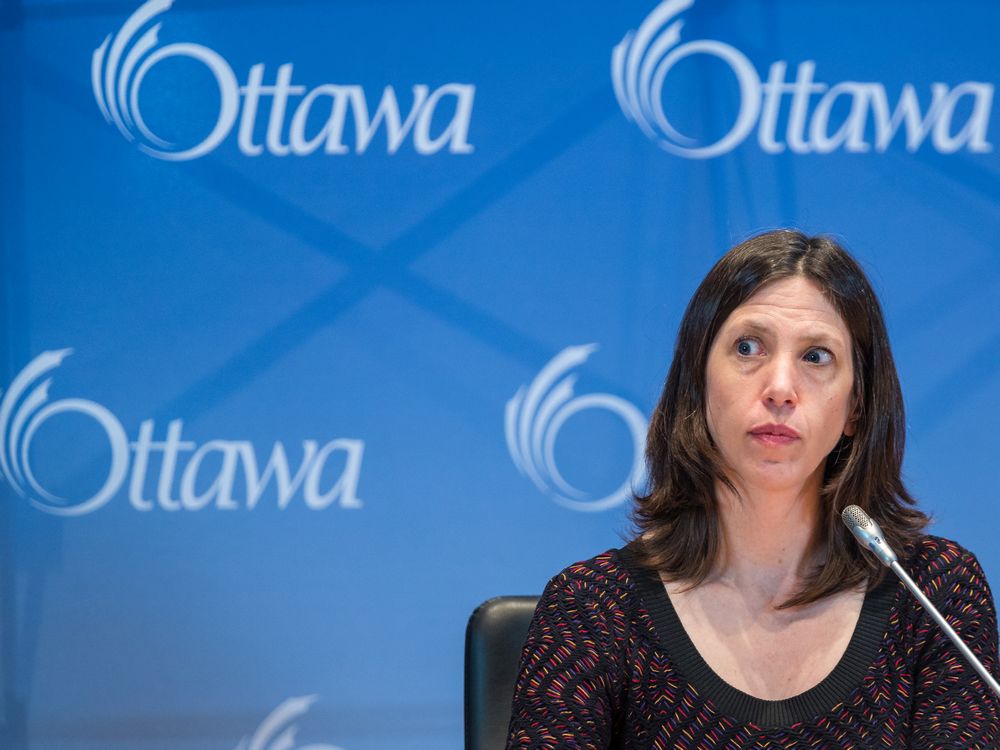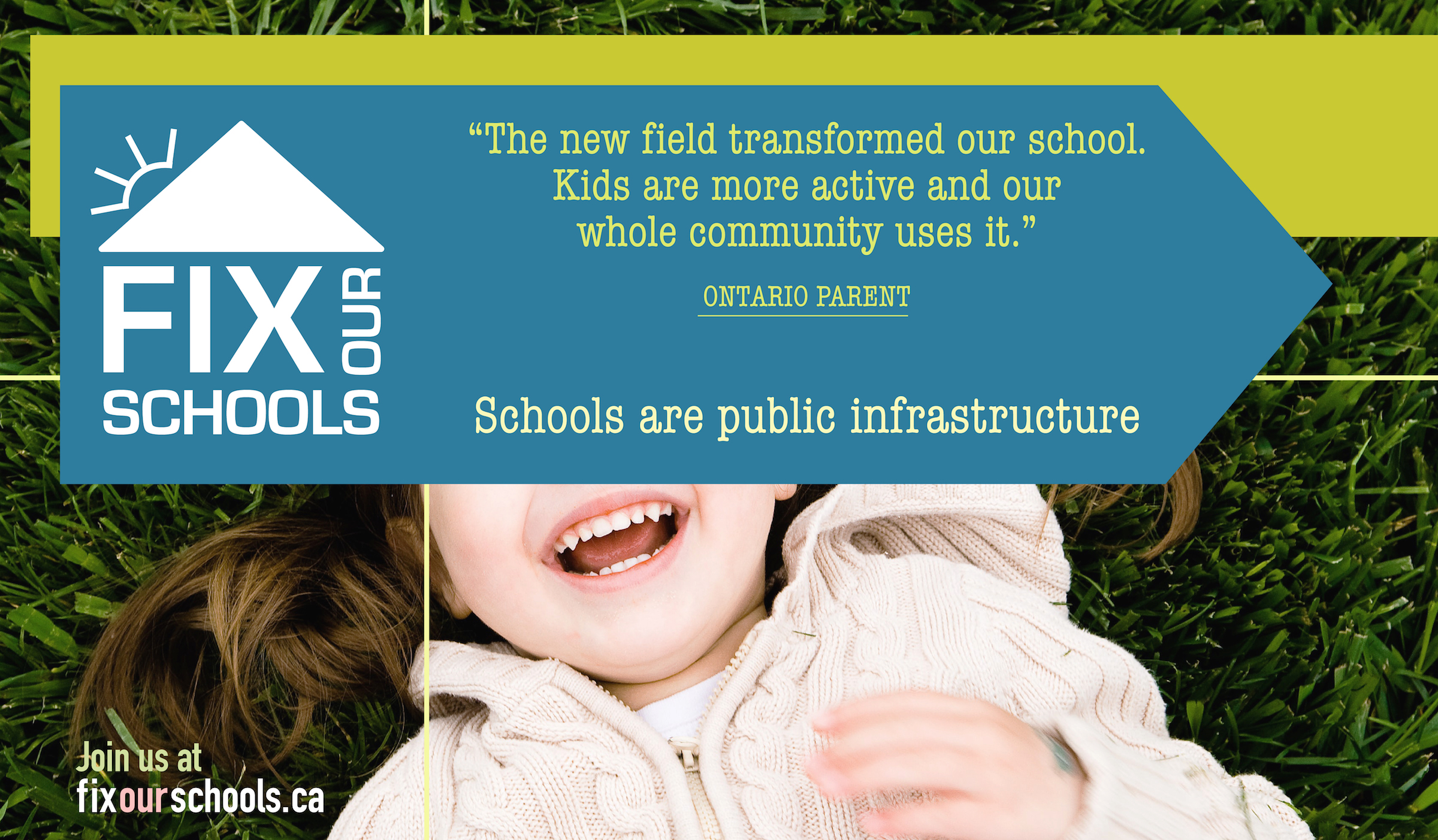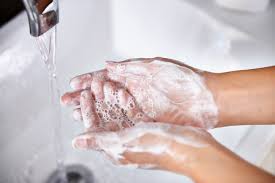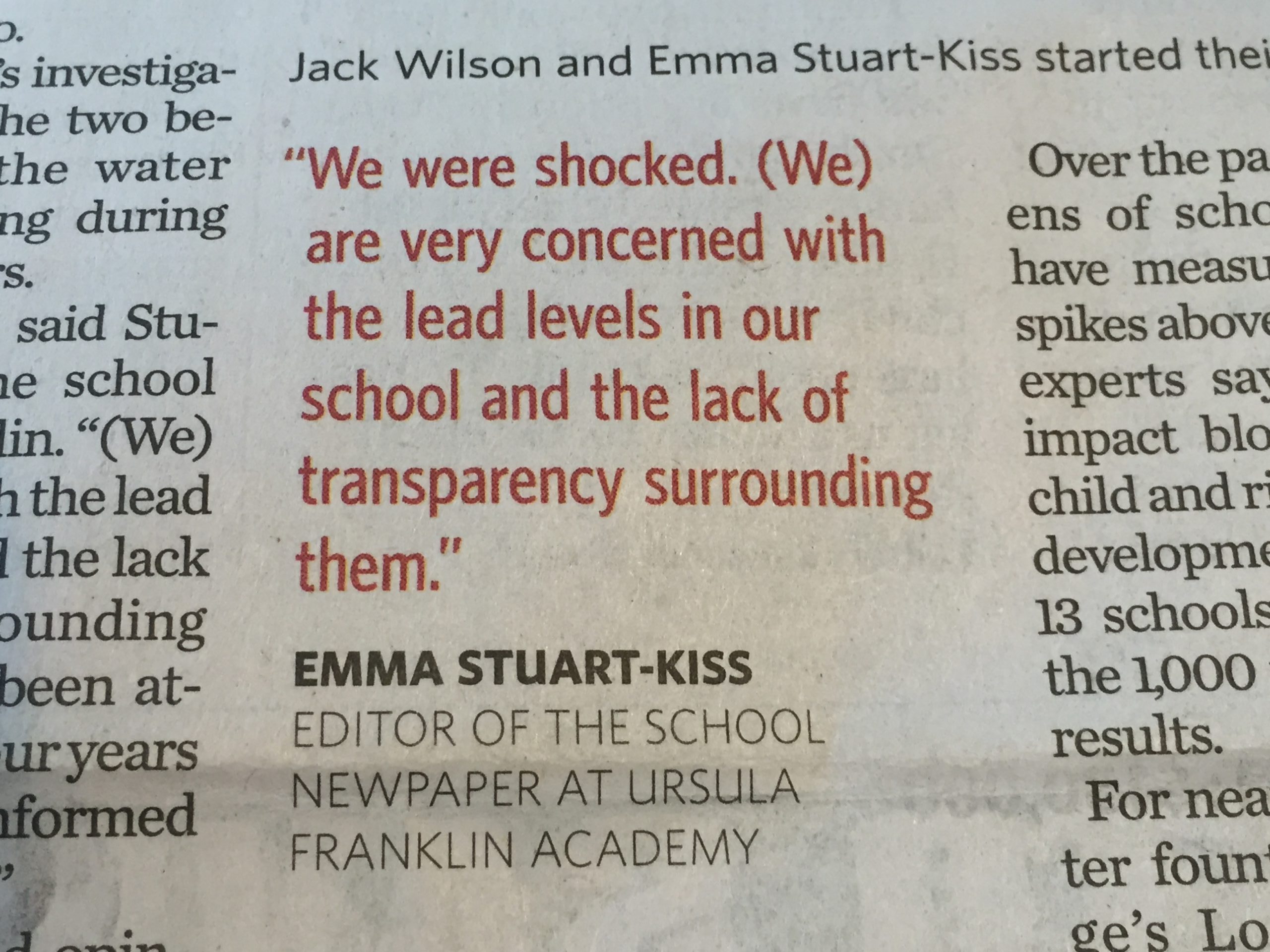The only constant these days is change. Every day, we learn new information and try to process what it means and how it impacts us, our families, our communities, our country.
Amidst this constant change, heroes are emerging every day too – a new breed of heroes as this global pandemic crystallizes what really matters and redefines the word heroic for all of us.
In the Ottawa Sun on March 22, 2020, an article entitled, “Everywhere you look in Ottawa, there are COVID-19 heroes”, provides a long list of heroes who have emerged in Ottawa in the last couple of weeks:
- Medical Officer of Health Dr. Vera Etches. She has been offering information, keeping a calm head and helping set good policy for the city. She’s Ottawa’s face in the battle against novel coronavirus and a model of consistent good sense;

OTTAWA – March 13, 2020 – Dr. Vera Etches, Medical Officer of Health, Ottawa Public Health provides an update on the Citys plans in response to the COVID-19 pandemic. ERROL MCGIHON, Postmedia
- The retail, food and drugstore workers and cashiers who keep showing up to ensure we all get the necessaries at a time when many commercial enterprises have either shut or been forced to. Thank these folks when you see them;
- The employees and owners of the takeout joints still running, and the delivery people who are getting their wares to the public;
- The long-haul truckers and other drivers who connect us with the resources we need across the country, and the corner-store and gas station employees who keep our vehicles running;
- The local innovators finding ways to save lives. There’s Paul Lem, founder of Spartan Bioscience, who is working with his team to develop a hand-held product to quickly identify the COVID-19 virus. There’s Dr. Alain Gauthier of Perth, who has been testing a way to double or quadruple the capacity of ventilators. There’s Dairy Distillery, which has set aside its world-famous Vodkow to make hand sanitizer, which, you may have noticed, is in short supply these days.
- The entertainers, like Jim Cuddy, who are streaming live, free concerts to cheer us up (thanks to a partnership between the National Arts Centre and Facebook Canada); the balcony singers; the neighbourhood groups who are encouraging kids to draw art and post it in living room windows; the communities who have suggested people turn on their Christmas lights at night. Great ideas.
- The landlords who are extending rent deadlines for tenants; the internet providers who are expanding access; and the businesses who are extending credit to cash-strapped customers.
- The saints in Ottawa who continue to help the homeless when they could just stay home themselves;
- The many, many extraordinary community volunteers. For instance, Carleton student Harar Hall started a Facebook page, Covid-19 Community Care Ottawa, which has linked up more than 5,000 folks who either need assistance or can offer it.
The Fix Our Schools campaign has always appreciated the education workers who often go unrecognized in delivering quality education to our children such as caretakers, office staff, education assistants, and lunchroom supervisors. And we certainly have always appreciated teachers, administrators, trustees and school boards too for all they do to deliver quality education to our children.
Room 109 celebrated National Custodial Appreciation day by making cards and writing thank you letters to the custodians @NottinghamPS #DDSB #thankyoucustodians pic.twitter.com/M9kZbvcydI
— Mrs. Oppedisano (@linaoppedisano) October 2, 2018
In today’s context, as Ottawa and the rest of the country work to determine what publicly funded education will look like for Canadian students in the coming weeks and months, Fix Our Schools would like to thank all of these folks too. We suspect that they will be cited as heroes too as this pandemic continues to unfold.



